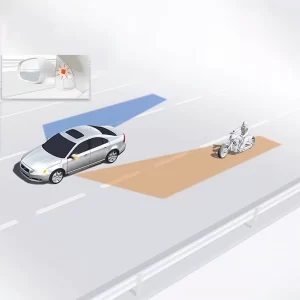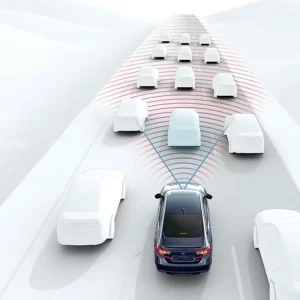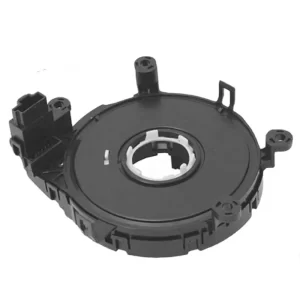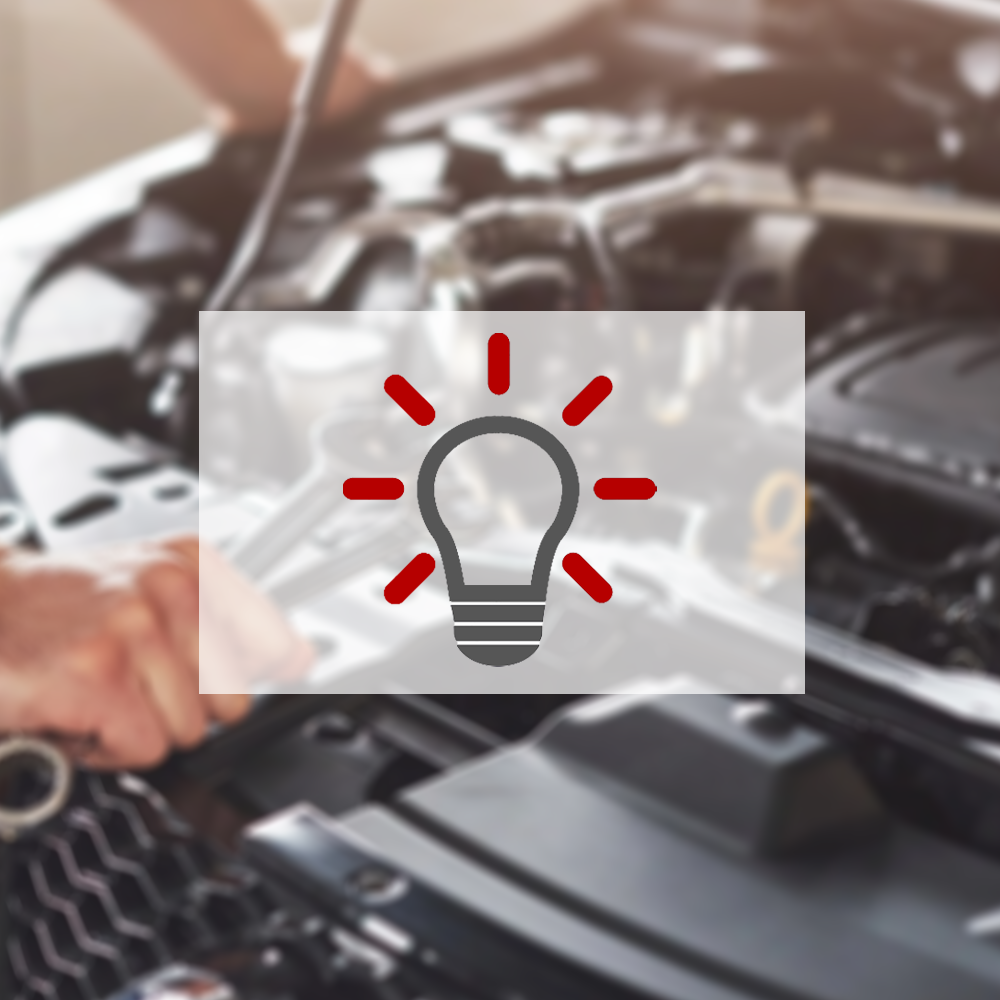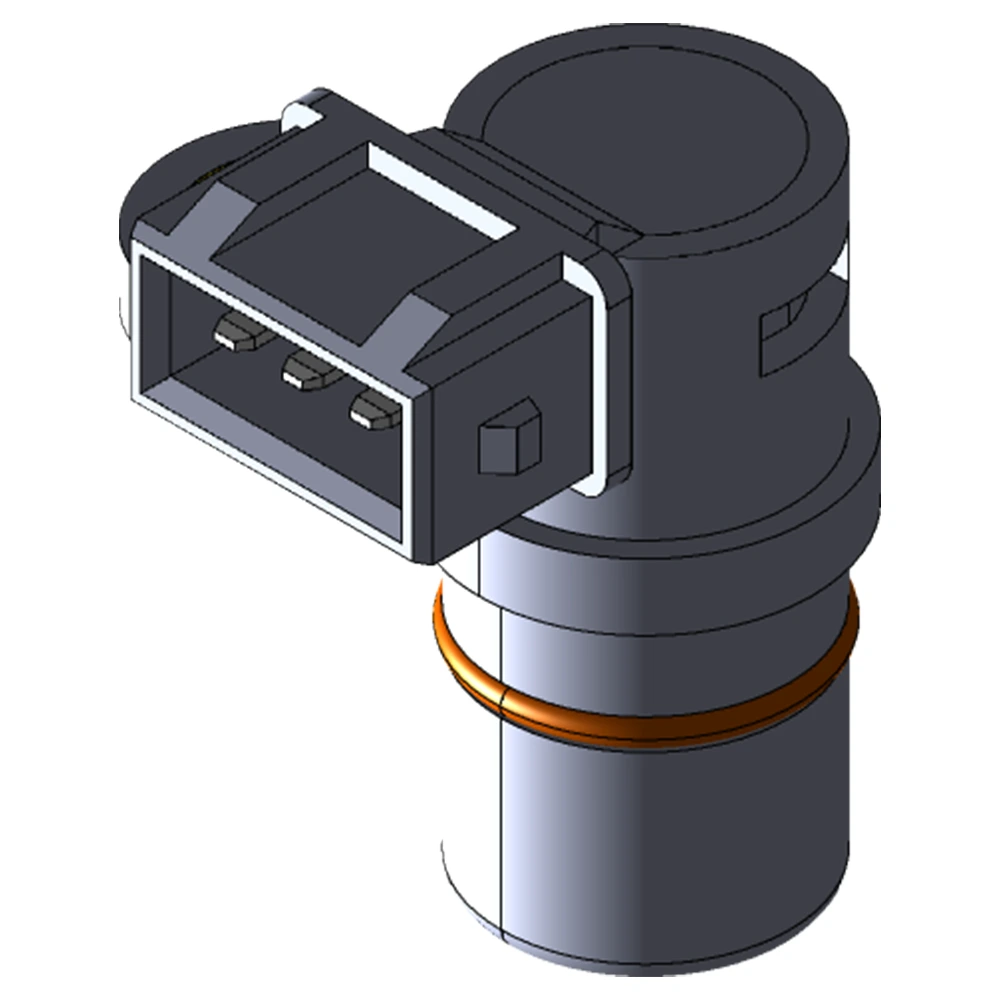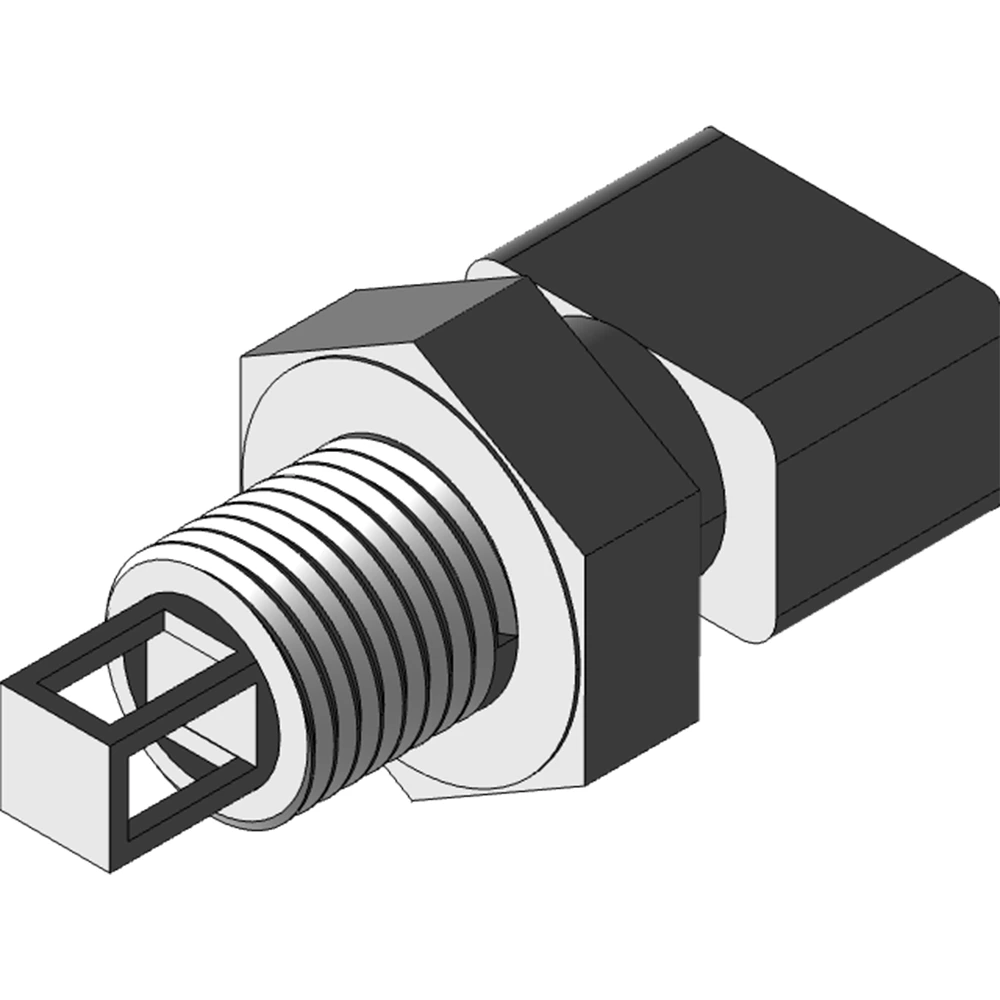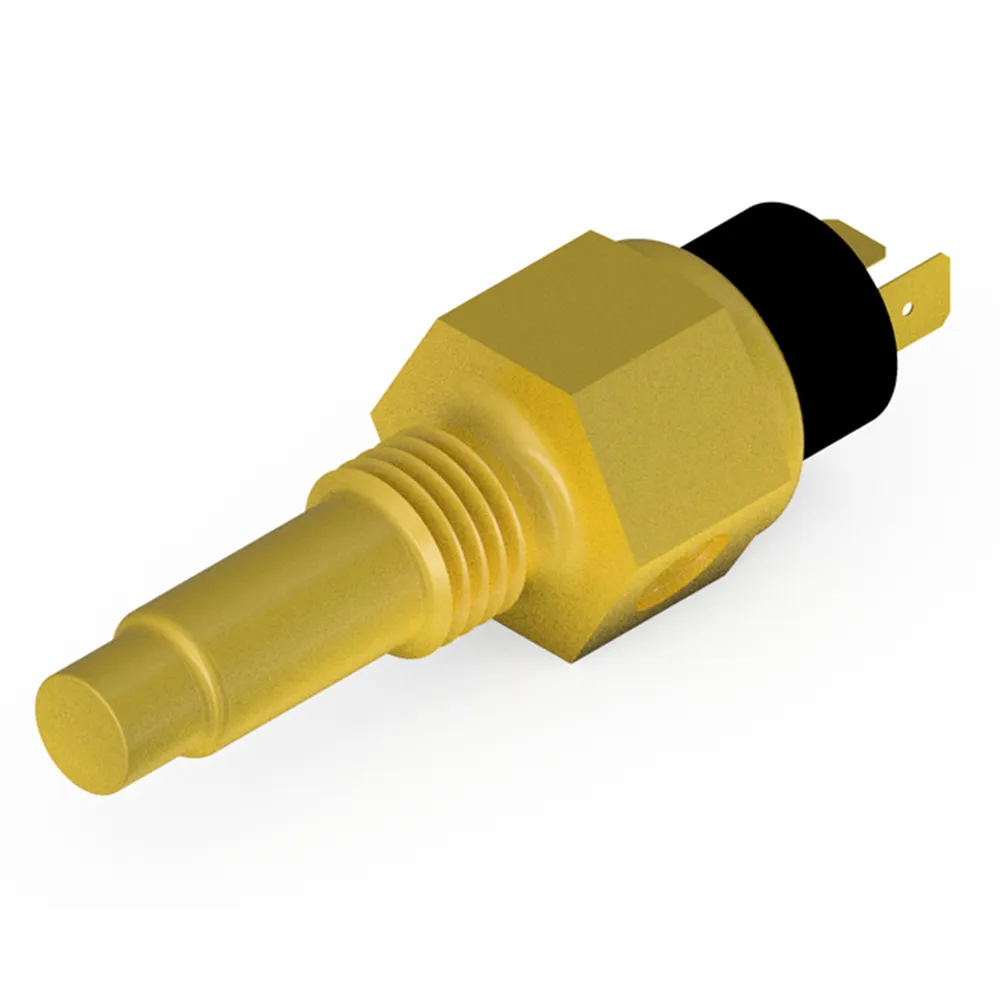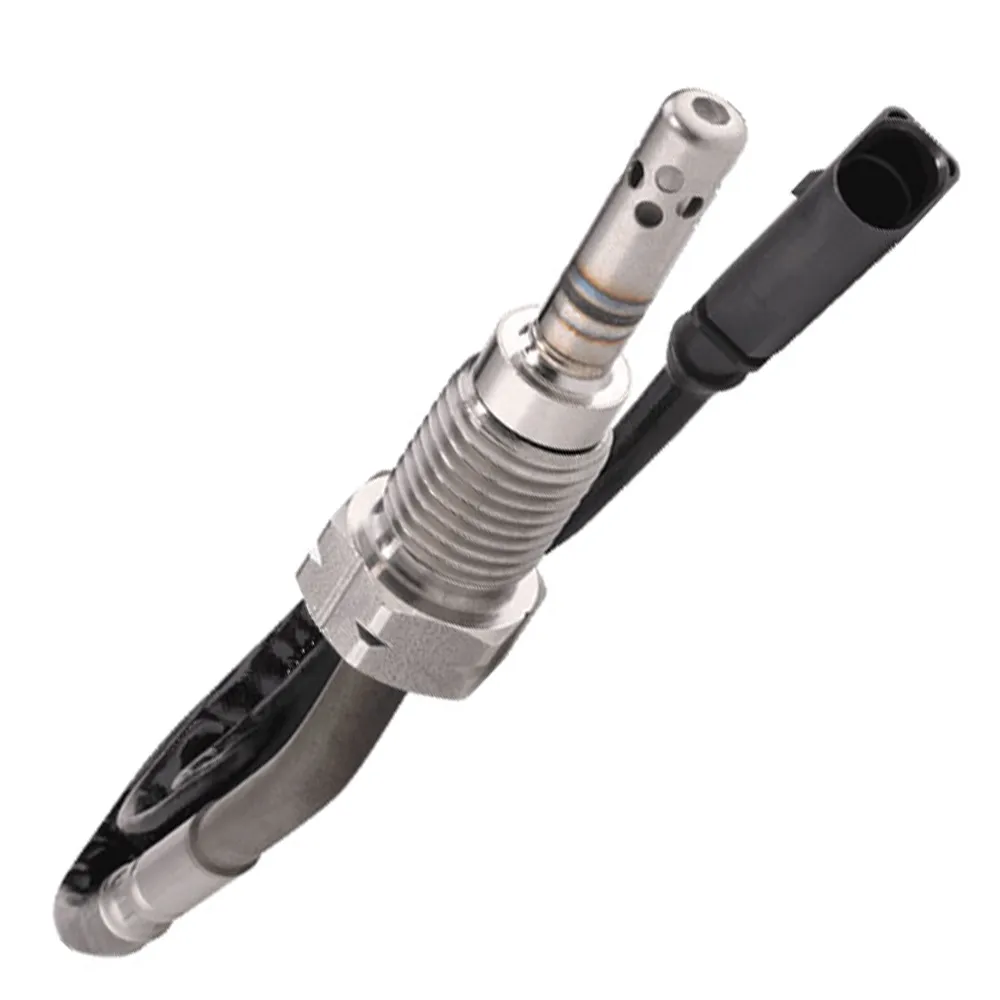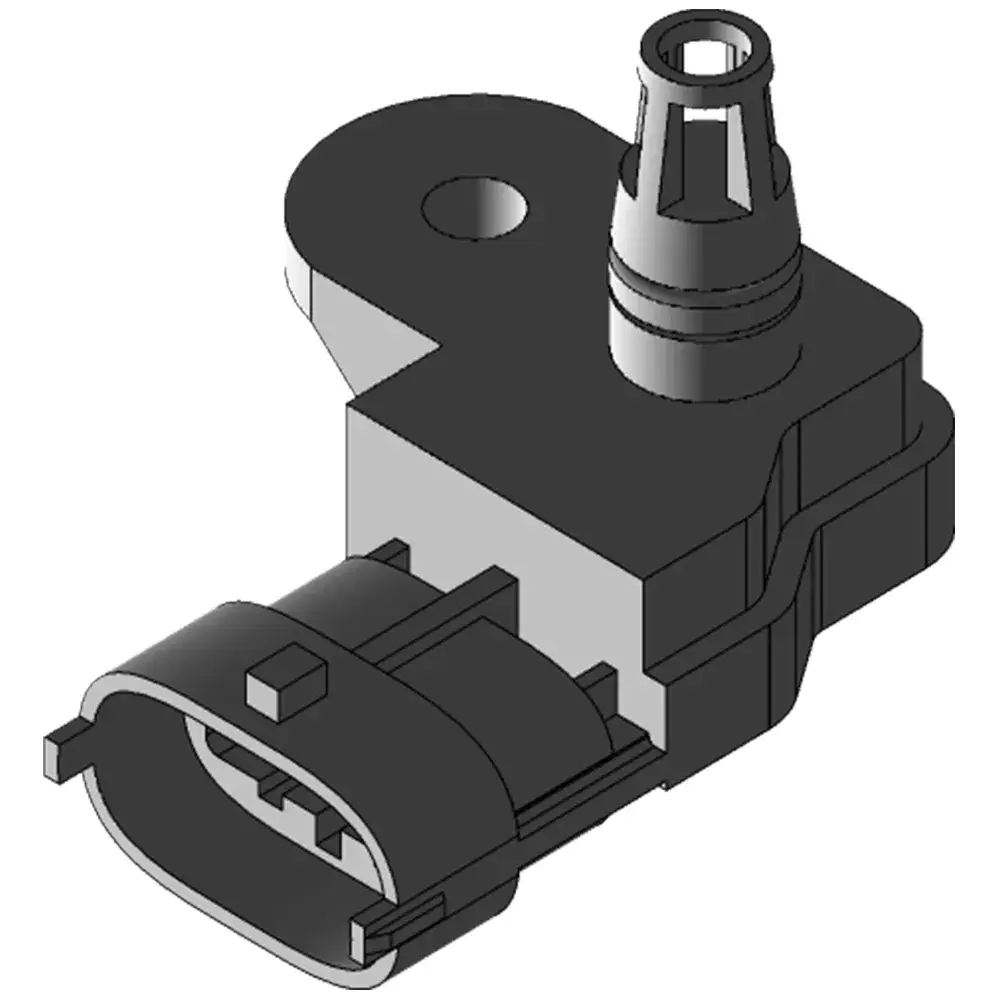Resource Center
Expert Guidance on Installation, Fault Diagnosis, and System Integration
Built for harsh environments, our PM sensors ensure emission control for heavy equipment and non-road mobile machinery (NRMM).......
Diesel engines produce soot that accumulates in the Diesel Particulate Filter (DPF). If left unchecked, this buildup can clog filters, reduce engine performance, and increase emissions. This is where PM sensors come into play.......
As global emission regulations tighten, reducing particulate emissions has become a top priority for both governments and manufacturers. ......
Under increasingly stringent global emissions regulations, the automotive sensor market is poised for significant growth......
Understand the working principle and key functions of the ESC system......
Understand the working principle and key functions of the ESC system......
Built for harsh environments, our PM sensors ensure emission control for heavy equipment and non-road mobile machinery (NRMM).......
Diesel engines produce soot that accumulates in the Diesel Particulate Filter (DPF). If left unchecked, this buildup can clog filters, reduce engine performance, and increase emissions. This is where PM sensors come into play.......
As global emission regulations tighten, reducing particulate emissions has become a top priority for both governments and manufacturers. ......
Under increasingly stringent global emissions regulations, the automotive sensor market is poised for significant growth......
What‘s the of EGR valve difference between diesel vehicles & petrol vehicles......
Built for harsh environments, our PM sensors ensure emission control for heavy equipment and non-road mobile machinery (NRMM).......
Diesel engines produce soot that accumulates in the Diesel Particulate Filter (DPF). If left unchecked, this buildup can clog filters, reduce engine performance, and increase emissions. This is where PM sensors come into play.......
As global emission regulations tighten, reducing particulate emissions has become a top priority for both governments and manufacturers. ......
Under increasingly stringent global emissions regulations, the automotive sensor market is poised for significant growth......
What‘s the of EGR valve difference between diesel vehicles & petrol vehicles......
How crankshaft position sensor works?
Why crankshaft position sensor failed?
What are common CKP sensor fault codes?
What are symptoms of CKP sensor malfunction?
How many CKP sensor types?
How to troubleshooting a crankshaft position sensor?
How to replace a faulty crankshaft position sensor?......
How IAT sensor work?
Why IAT sensor failed?
What are common IAT sensor fault codes?
What are symptoms of Intake air temperature (IAT) sensor malfunction?
How to troubleshooting an IAT sensor?
How to replace a faulty IAT sensor?......
How coolant temperature sensor work?
Why coolant temperature sensor failed?
What are coolant temperature sensor common fault codes?
What are symptoms of a faulty coolant temperature sensor?
How to troubleshooting a faulty coolant temperature sensor?
How to replace a faulty coolant temperature sensor?......
What is an exhaust gas temperature sensor?
How do exhaust gas temperature sensors work?
Why do exhaust gas temperature sensors failed?
What are common exhaust gas temperature sensor fault codes?
Symptoms of a faulty exhaust gas temperature sensor?
Troubleshooting an exhaust gas temperature sensor?
Troubleshooting an exhaust gas temperature sensor?......
How MAP sensor work?
How MAP sensor work?
Common MAP sensor fault codes?
What to pay attention to in the case of a failed MAP sensor?
Troubleshooting a MAP sensor?
How to replace a faulty MAP sensor......
Built for harsh environments, our PM sensors ensure emission control for heavy equipment and non-road mobile machinery (NRMM).......
Diesel engines produce soot that accumulates in the Diesel Particulate Filter (DPF). If left unchecked, this buildup can clog filters, reduce engine performance, and increase emissions. This is where PM sensors come into play.......
As global emission regulations tighten, reducing particulate emissions has become a top priority for both governments and manufacturers. ......
Under increasingly stringent global emissions regulations, the automotive sensor market is poised for significant growth......
What‘s the of EGR valve difference between diesel vehicles & petrol vehicles......
Understand the working principle and key functions of the ESC system......
Rugged PM Sensors for Off-Highway and Construction Equipment
Built for harsh environments, our PM sensors ensure emission control for heavy equipment and non-road mobile machinery (NRMM).
How PM Sensors Optimize DPF Regeneration in Diesel Engines
Diesel engines produce soot that accumulates in the Diesel Particulate Filter (DPF). If left unchecked, this buildup can clog filters, reduce engine performance, and increase emissions. This is where PM sensors come into play.
What is a PM Sensor and Why It Matters in Emission Control
As global emission regulations tighten, reducing particulate emissions has become a top priority for both governments and manufacturers.
New Emission Regulations: A Comprehensive Guide to Vehicle Emission System Sensors and Market Trends
Under increasingly stringent global emissions regulations, the automotive sensor market is poised for significant growth
Latest Resources
Built for harsh environments, our PM sensors ensure emission control for heavy equipment and non-road mobile machinery (NRMM).......
Diesel engines produce soot that accumulates in the Diesel Particulate Filter (DPF). If left unchecked, this buildup can clog filters, reduce engine performance, and increase emissions. This is where PM sensors come into play.......

